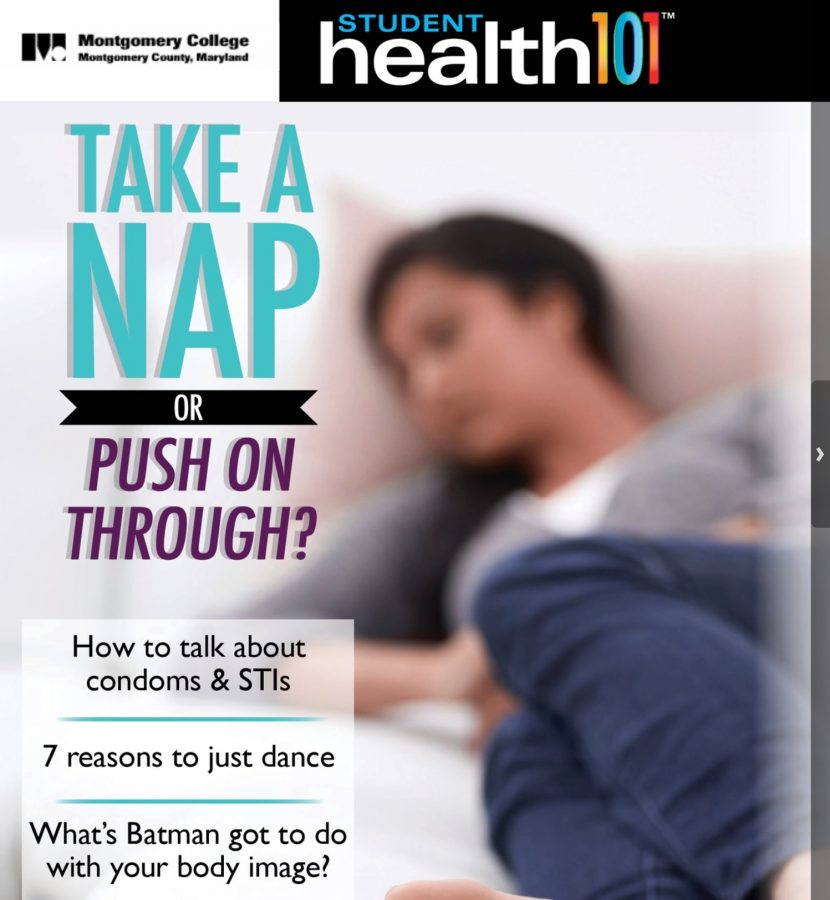For students, keeping up with exams, social life, and a healthy lifestyle is not easy. It may sound easy, but if you are a college student you know better. Having four exams in the same day or five projects due in the same week is a lot of pressure.
With all of this pressure going on, who has time to eat well? Who has time to read food labels or count calories? Everyone wants to be healthy, but social and academic lifestyles do not cater to eating healthy.
As a college student, you will be confronted with many obstacles that will challenge your time management and multitasking skills. Students often have to create the time to do the things they like as well as taking care of their health.
Generally, students neglect three crucial aspects of their health while in school: the amount of sleep they get, the type of food they eat, and the amount of exercise they do during the week. Below are a few ways to keep these three crucial activities in check.
Managing your sleep schedule:
Take a nap. If you have time during the day, a short twenty to thirty minute nap can help renew your energy levels.
Try not to study in bed. Studying in bed can make getting to sleep more difficult.
Stay away from electronics. Keep your electronics separate from your bedroom. Using electronics stimulates you making it harder to fall asleep.
Stick to a schedule. It can be hard to stick to a schedule with different classes and work hours each day, but it is important. Stick to a sleep schedule that remains constant throughout the week. This will greatly improve your chances of getting a good night’s sleep.
Avoid staying awake late. Sleep deprivation impairs your ability to focus and stay alert. Rather than studying late at night, study during the day so as not to disturb your sleep schedule.
Avoid eating and drinking right before bed. Both of these activities can throw off your body’s internal clock, so try to limit meals, alcohol, and caffeine consumption to a few hours before bed.
Control your eating habits:
Vary your meals. Changing up your diet from day to day is an important part of good nutrition so take advantage of the variety available to you.
Eat breakfast. Start your day off with a good meal. Eating breakfast will help keep you energized throughout the day.
Keep healthy snacks around. Try to keep healthy snacks such as cereal bars, fruit, or nuts around.
Drink water. Carry a bottle of water around. Drinking enough water can help boost your concentration, keep you properly hydrated, and prevent overeating.
Limit junk food and sugary beverages. Limit the amount of junk food and sugary beverages that you drink. This will help you stay healthy as well as keep your energy levels high.
Try to eat fruits and veggies. Eat more fruits and vegetables. You may not like how they taste, but they are crucial to a well balanced diet.
Don’t skip meals. Skipping meals can mess up your internal clock as well as your diet. Make sure you stick to your scheduled meal times.
Take vitamins. Vitamins can help you stay healthy if you are not getting the nutrition you need from your food.
Stay active:
Play sports. Join an intramural team or play recreational sports through your school to get active and have fun at the same time.
Exercise in groups. Exercising in a group or with your friends will help motivate you to work harder and exercise more often.
Take advantage of fitness courses. Along with gym facilities, most students have access to fitness classes. Take advantage of these facilities and get a workout that will help keep you in shape. Montgomery College also offers a variety of courses such as HE108, HE 109, and HE150 that can help you stay healthy.
Walk to class. If you have some time between classes take the stairs instead of the elevator. Walking is an easy way to burn calories.
Though all of theses are separate categories, they all revolve around self-discipline. These are not a solution, but reliable guidelines that are somewhat easy to follow, provided that you make them a routine in your life.
For more information and tips. Click the link below:
http://healthservices.camden.rutgers.edu/topics_wellness














